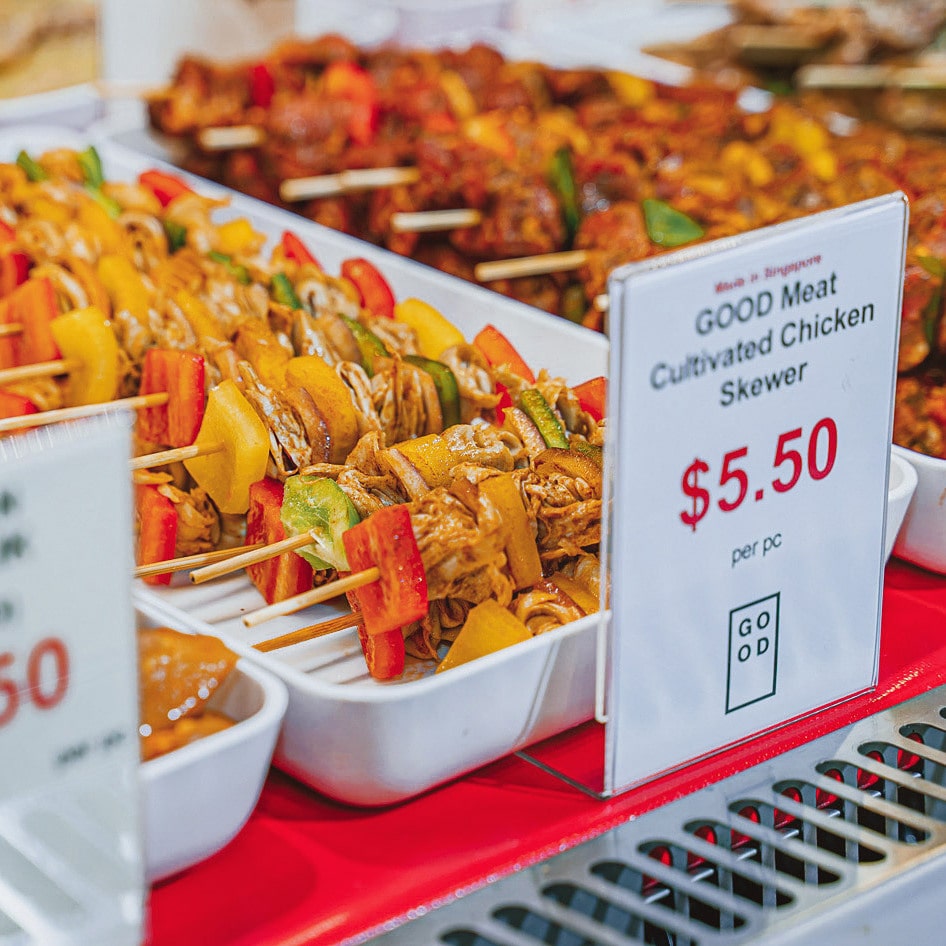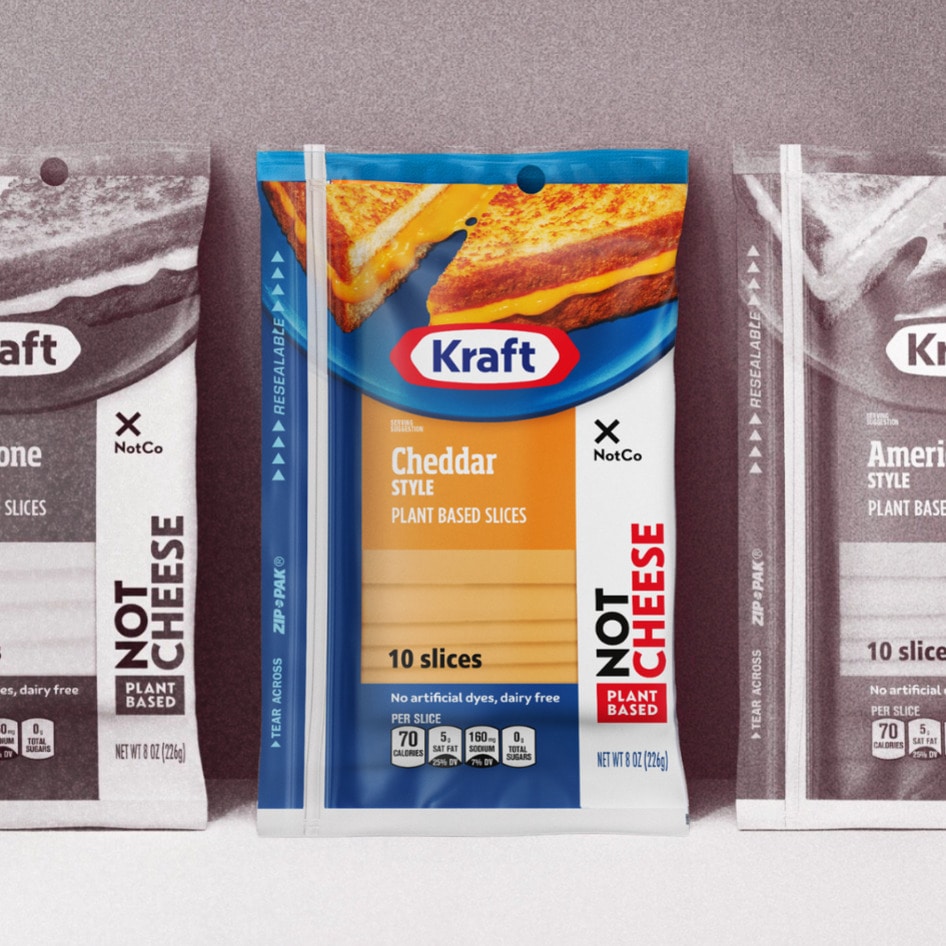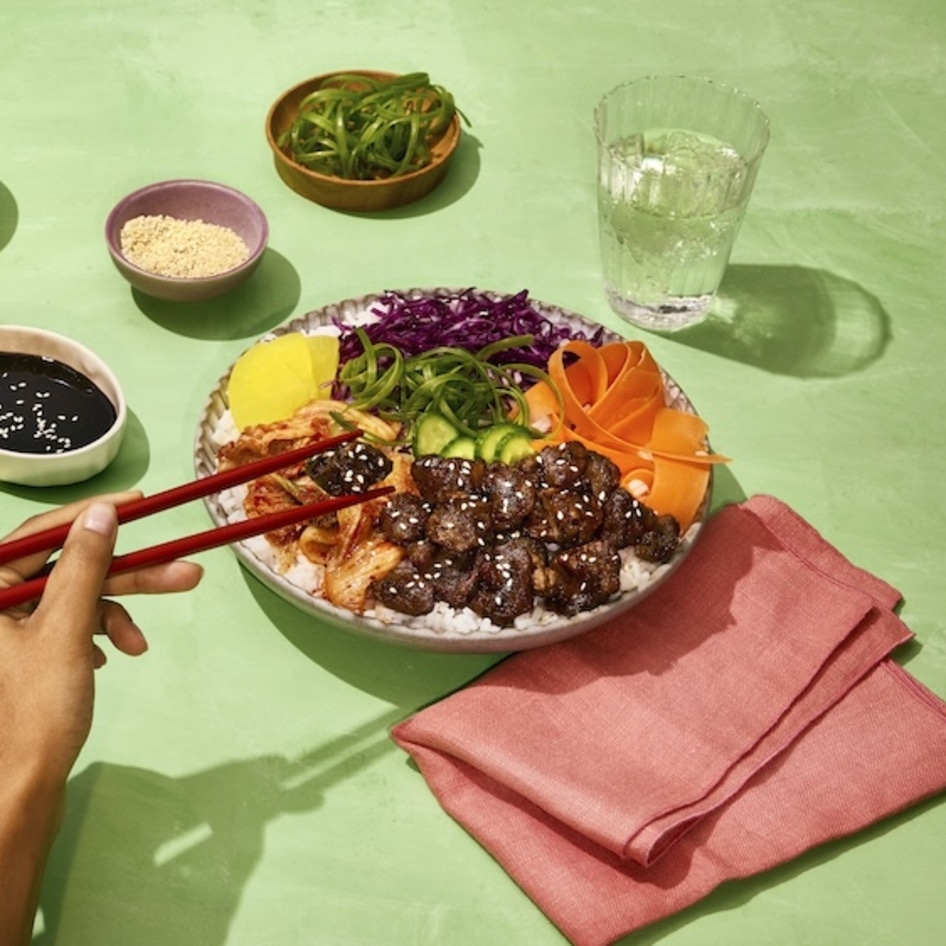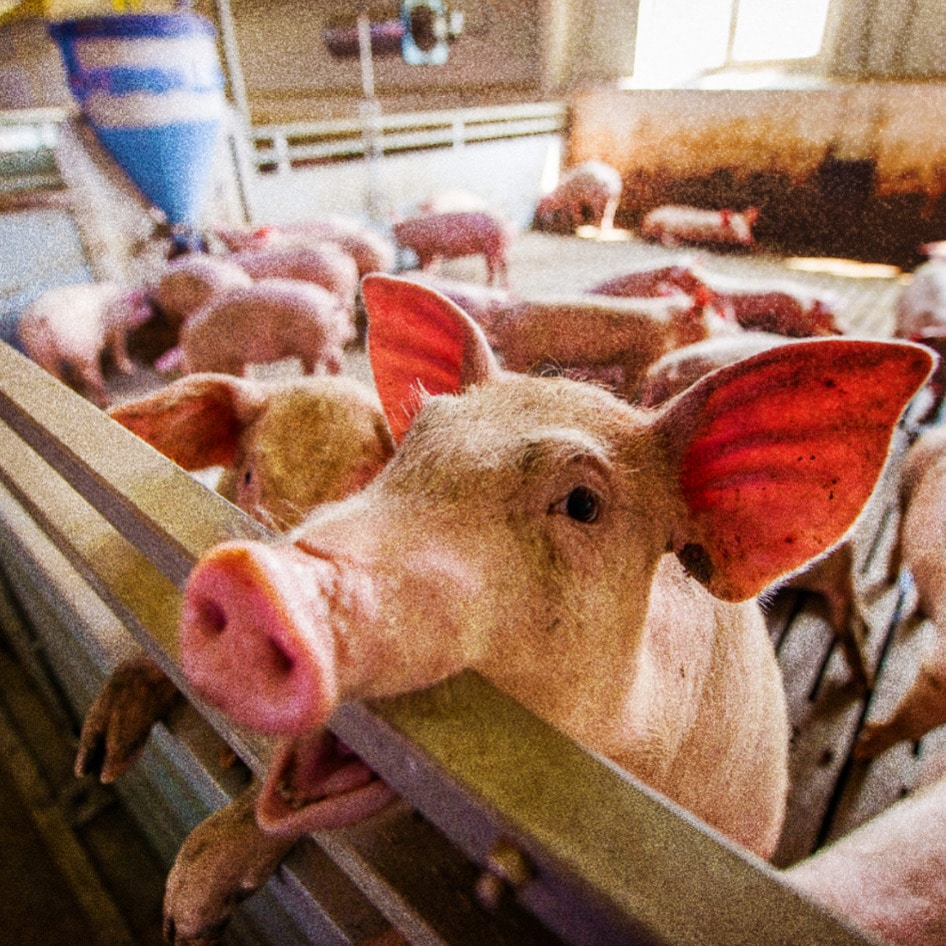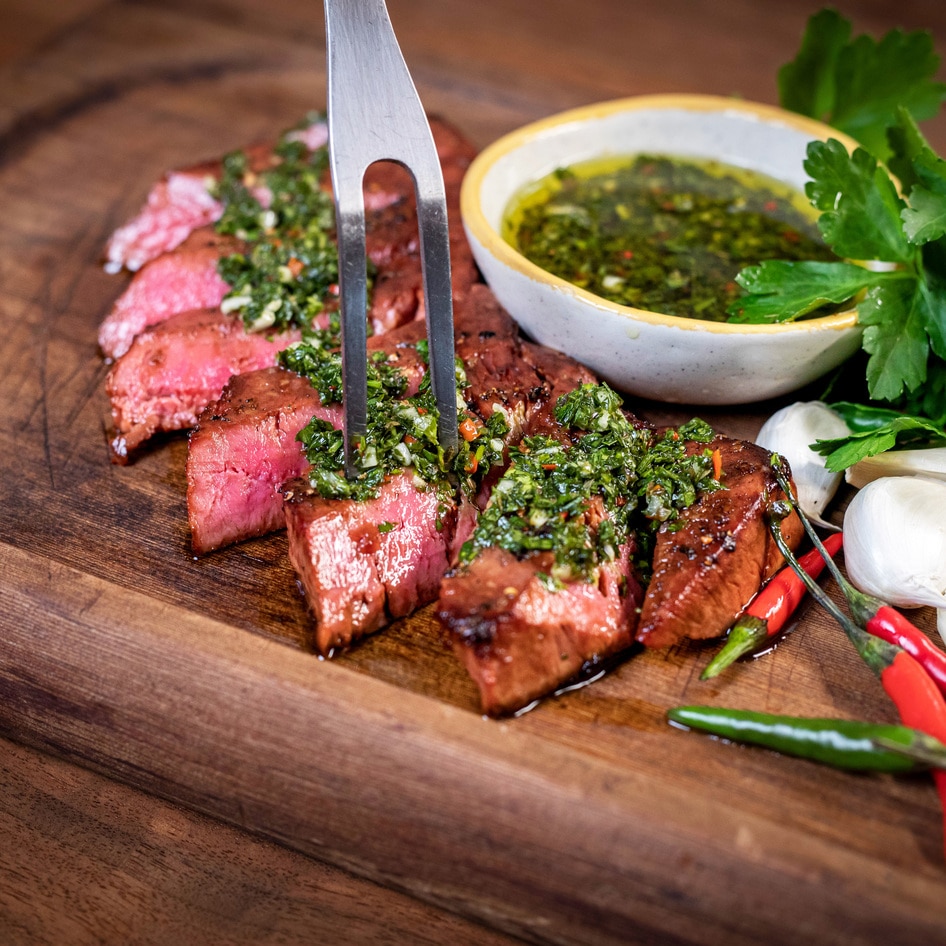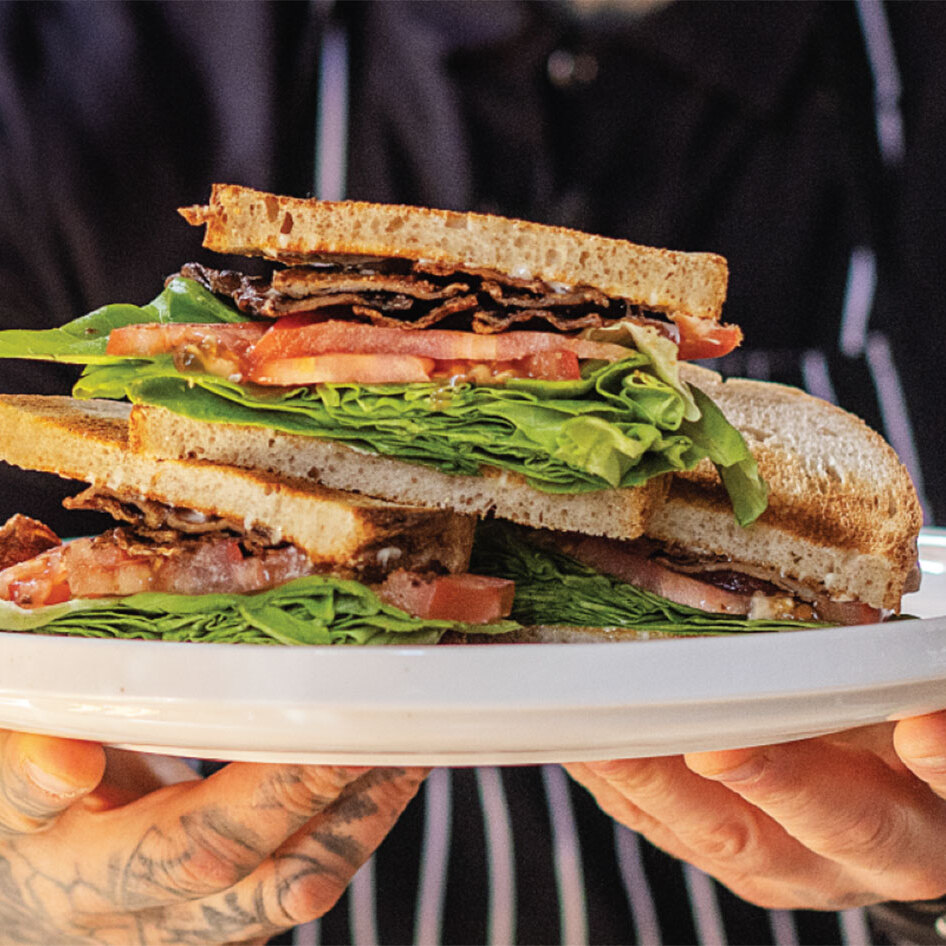New York-based startup Ecovative is pivoting toward the “clean meat” (also known as “lab-grown”) industry to utilize its fungi-based technology to create cell-based animal products that structurally resemble their traditional animal counterparts. The startup was founded in 2006 by two college friends, Eben Bayer and Gavin McIntyre, and previously created eco-friendly packaging using its proprietary technology for clients such as furniture chain IKEA and computer company Dell. Ecovative has since successfully grown animal cells on its mycelium (a type of mushroom root system) biofabrication platform, a process Bayer explains can be crucial to growing slaughter-free meats that resemble steaks, chicken breasts, and more. Previously, clean meat companies have explored various types of scaffolding (structural support mechanisms), including those made from vegan gelatin. Bayer says that mycelium has the potential of creating a complex structure that is less limited than other plant fibers. “If you look at plant scaffolding, you’re limited to the geometry of something like a spinach leaf,” Bayer told Business Insider. “With mycelium, we can make a sheet that’s many feet long and however thick. We can control the density. It’s this massive scaffold you can grow relatively inexpensively.” Bayer revealed that his company’s technology could also be applied by the plant-based industry to create “meatier” versions of products such as the Impossible Burger and Beyond Burger, or other plant-based products that aim to mimic the texture of meat. Last month, biotechnology startup Bolt Threads debuted the Mylo Driver Bag—a vegan handbag made with mycelium-based material Mylo using the process pioneered by Ecovative.
JUMP TO ... Latest News | Recipes | Guides | Health | Subscribe
Photo courtesy of Memphis Meats

